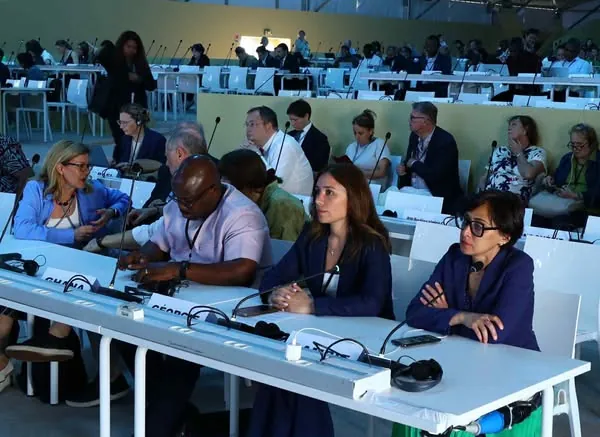The First Deputy Minister of Environment and Agriculture of Georgia Nino Tandilashvili took part in a high-level panel discussion. Notably, it was held within the “UN 2025 Oceans Conference,” which was held from June 9 – 13, 2025.
The theme was “promoting and supporting all forms of cooperation, especially – at the regional and subregional level”.
During her speech, the First Deputy Minister noted that Georgia, as a Black Sea country, is fully aware of the importance of regional cooperation to overcome common challenges and ensure sustainable development.
“Sea ecosystems are not subject to state borders. Pollution, overfishing, habitat damage, and climate change – these challenges are directly impacting the region. These problems can only be tackled with regional cooperation based on solidarity, partnership, and joint action,” – noted Nino Tandilashvili.
Nino Tandilashvili focused attention on the process of the Eurointegration of Georgia and the progress achieved in this direction. According to him, Georgia actively continues to integrate with Europe and successfully fulfills the obligations undertaken between Georgia and the European Union within the framework of the Deep and Comprehensive Free Trade Space Agreement (DCFTA). Through this process, the country is moving closer to EU standards in areas such as environmental protection, maritime governance, and sustainable economic development, which contribute to regional stability.
Nino Tandilashvili also emphasized Georgia’s involvement in international and regional initiatives, particularly within the framework of cooperation with the General Commission of Fisheries of the Mediterranean (GFCM), which includes sharing data, strengthening capabilities, and promoting sustainable fisheries.
According to her, regional fisheries management organizations have a crucial role to play in the scientifically-backed and inclusive management of marine resources.
The First Deputy Minister spoke about the economic and infrastructural importance of regional cooperation. Pay attention to the Black Sea underwater electric current project, which will connect Georgia with European energy systems.
“The Black Sea submarine cable project is a global investment in strategic infrastructure, which serves both national and regional interests, strengthens connections, accelerates green transformation, and promotes economic progress,” said Nino Tandilashvili.
At the end of her speech, Nino Tandilashvili called on the international community to strengthen financial and technical support to strengthen regional capabilities in important areas such as monitoring, enforcement, scientific research, and infrastructure development.



